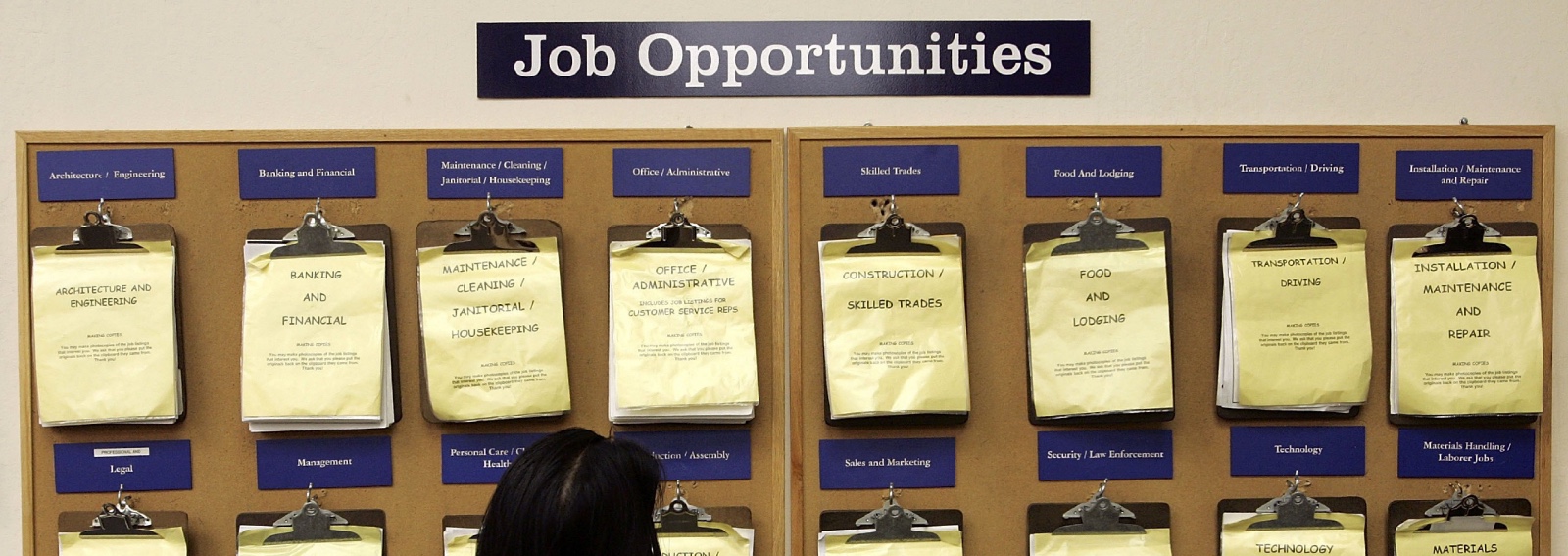
 Being a good colleague not only enriches the work environment but also contributes to personal and team well-being, improving the quality of the time we all spend at the office.
Being a good colleague not only enriches the work environment but also contributes to personal and team well-being, improving the quality of the time we all spend at the office.
InfoJobs, an online job search platform, has shared a helpful guide for those wishing to cultivate positive work relationships and become a valued and respected resource among colleagues.
The Ideal Colleague Has These Characteristics: How Many Do You Check Off?
 Respecting the Privacy of Colleagues
Respecting the Privacy of Colleagues
The ideal colleague avoids snooping on others’ screens or documents and always knocks before entering a shared space or private office.
Maintains Calm Tones
The volume of one’s voice is important for creating a peaceful environment: keeping tones moderate helps maintain everyone’s concentration and shows respect for others’ work.
The Good Colleague Doesn’t Send Too Many Emails
They try to keep email communications concentrated to avoid unnecessarily filling up colleagues’ inboxes. If possible, they prefer direct conversations, whether face-to-face or via instant messaging apps, often used at work, for quick or less urgent matters.
Collaboration Over Competition
Collaboration generates synergy and leads to better results. Cooperating means working on equal terms, contributing to collective success without seeking individual recognition. As the proverb says: “Together, we go further.”
Celebrates the Successes of Others
Recognizing colleagues’ achievements is a generous act that strengthens the sense of belonging. Valuing others’ successes not only promotes a positive environment but also builds strong relationships based on mutual trust.

Practice Kindness, Always
Respect and courtesy come first: the foundation of any professional (and personal) relationship is mutual respect. Treating everyone, from managers to collaborators, with the same consideration and kindness shows professional maturity and fosters a harmonious work environment.
Knows When to Give Timely Advice
Offering targeted support means contributing to the team’s effectiveness by helping colleagues fill gaps without replacing them. Knowing how to offer a word of comfort or listen attentively in difficult moments is a sign of empathy and helps create an atmosphere of trust, a crucial element for team well-being.
The Ideal Colleague Listens, Communicates, and Supports
Active listening: dialogue is a two-way process, and being a good listener is a fundamental requirement for good communication. Active listening not only strengthens professional bonds but also improves the understanding of shared projects and helps achieve common goals.
Approaches Conflicts with Constructive Dialogue
The ability to peacefully resolve conflicts, without letting emotions take over, is an essential skill for group cohesion. Expressing thoughts calmly and without polemics helps build a positive environment, and even when opinions differ, a good colleague knows how to stay calm and contribute to constructive dialogue.
Shows Maturity in the Face of Mistakes
Knowing how to accept and handle mistakes maturely is important, but above all, offering support to a colleague in these moments strengthens the sense of belonging. Avoiding hasty judgments and practicing discretion are valuable qualities for building long-lasting relationships based on trust.
Study Reveals America’s Most Exhausting Job
Mindfulness: Boost Work Productivity and Well-being
This article first appeared on Grazia.it













